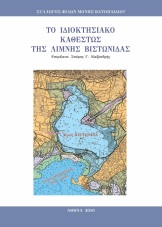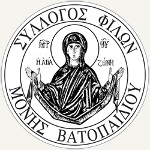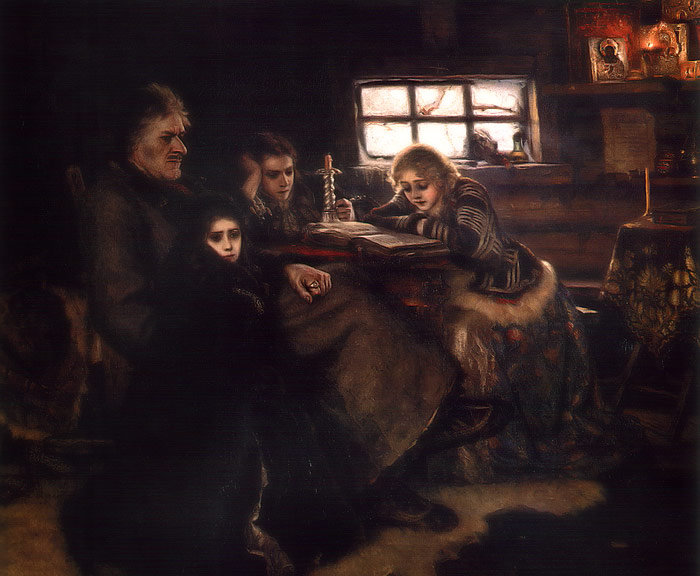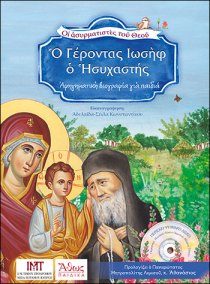 In the Name of the Father, the Son and the Holy Ghost.
In the Name of the Father, the Son and the Holy Ghost.
Today we are keeping the Feast of the Holy Spirit. What do we know about Him? We heard wonderful words of prayer about Him yesterday on Trinity Sunday, but let us think of Him, of the name He is given in the Gospel, which is translated ‘The Comforter’ in English, in other translations ‘The Advocate’. He is the One Who is the Comforter indeed, the One Who consoles us for our separation from Christ, Who consoles us who are like orphans, who long to be with Christ our God, our Saviour, and who know that as long as we are in the flesh – and these are the words of St. Paul – we are separated from Him. But for Him to be our Comforter, to be our consolation, we must first be aware of the fact that we are separated and this is the first question we must ask ourselves: are we aware of it, or do we live in the delusion that we are in God and God in us, and that nothing more is needed? How much more is needed!
He is also the One Who, as the Comforter, gives us strength, strength to live despite the separation, strength to stand fast and to be the doers of the Will, the fulfillers of the Commandments of God, the One Who can give us vigour of soul, determination, power to act. But this, again, only if we turn to Him and say, Come! Come and abide in us! Cleanse us! Be not only our Comforter but our strength also. Διαβάστε τη συνέχεια του άρθρου »



























































